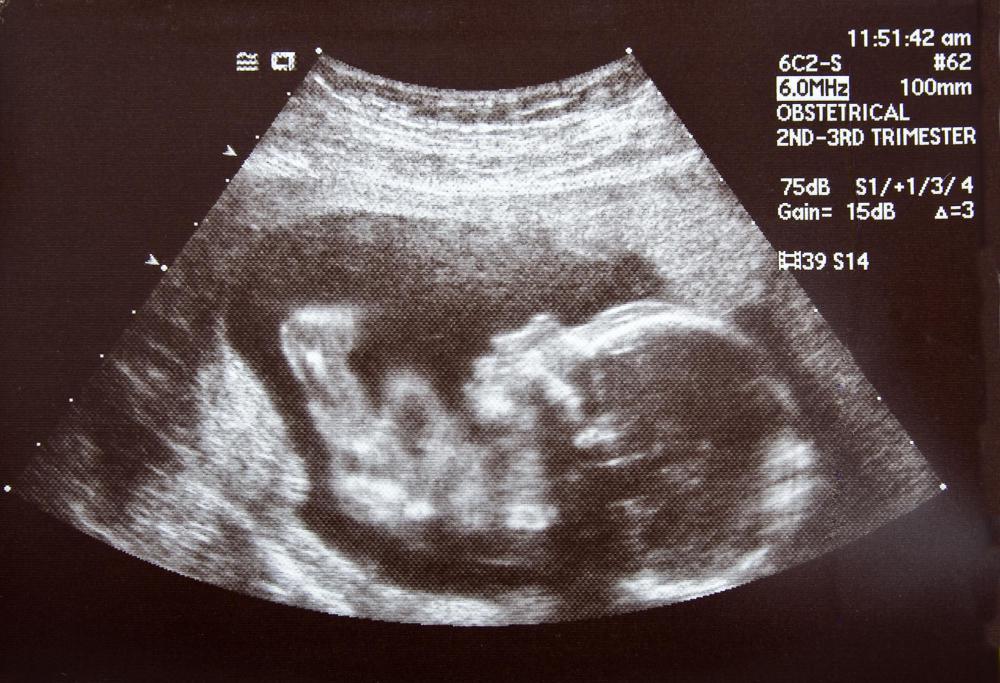At WiseGEEK, we're committed to delivering accurate, trustworthy information. Our expert-authored content is rigorously fact-checked and sourced from credible authorities. Discover how we uphold the highest standards in providing you with reliable knowledge.
What Is Perinatal Mortality?
Perinatal mortality is a medical term used to describe the death of a late term fetus or newborn less than seven days old. It is used in statistics to calculate the perinatal mortality rate of different countries throughout the world. Perinatal death has numerous causes, including preterm labor and fetal birth defects.
There are discrepancies between health organizations about when a fetal or newborn death can be considered perinatal death. The World Health Organization suggests death after 20 weeks gestation up to the first seven days of life as perinatal mortality, but some organizations do not count anything before 27 weeks gestation. There may also be distinctions if death occurs during the labor or birth process. Once birth has occurred, any death within the first 28 days is considered a neonatal death. Early neonatal death occurs within the first seven days of life, while late neonatal death can occur after the seventh day until the 28th day.

The most common cause of perinatal death is early, or preterm, labor. This occurs when the fetus is born before the full gestational period of 37 to 40 weeks. There are numerous reasons why this may occur, including infection, maternal illness, high blood pressure and reduced oxygen to the fetus. Another common cause of perinatal mortality is birth defects. Many defects are not compatible with life, and others cause significant complications that may not be able to be medically resolved, particularly if the fetus arrives early.

When comparing mortality rates between countries, the perinatal mortality rate (PNMR) is used. This is the amount of deaths that occur out of 1,000 births within the parameters of the perinatal period. This statistic is used to analyze the effectiveness of healthcare systems throughout the globe and to assess the likelihood of a fetus surviving past the first week of life in any given area. It is difficult to obtain accurate figures in many places, particularly developing countries.

The vast majority of neonatal deaths occur in the developing world. In fact, in 2000 the World Health Organization estimated that 98% of such deaths occurred in countries outside the developed nations. While many perinatal deaths are unavoidable, a significant amount could be prevented with quality medical care both during pregnancy, throughout labor and immediately after birth. A major reason to collect data regarding the PNMR is to attempt to improve healthcare for mothers and babies throughout the developing world.
AS FEATURED ON:
AS FEATURED ON:















Discuss this Article
Post your comments